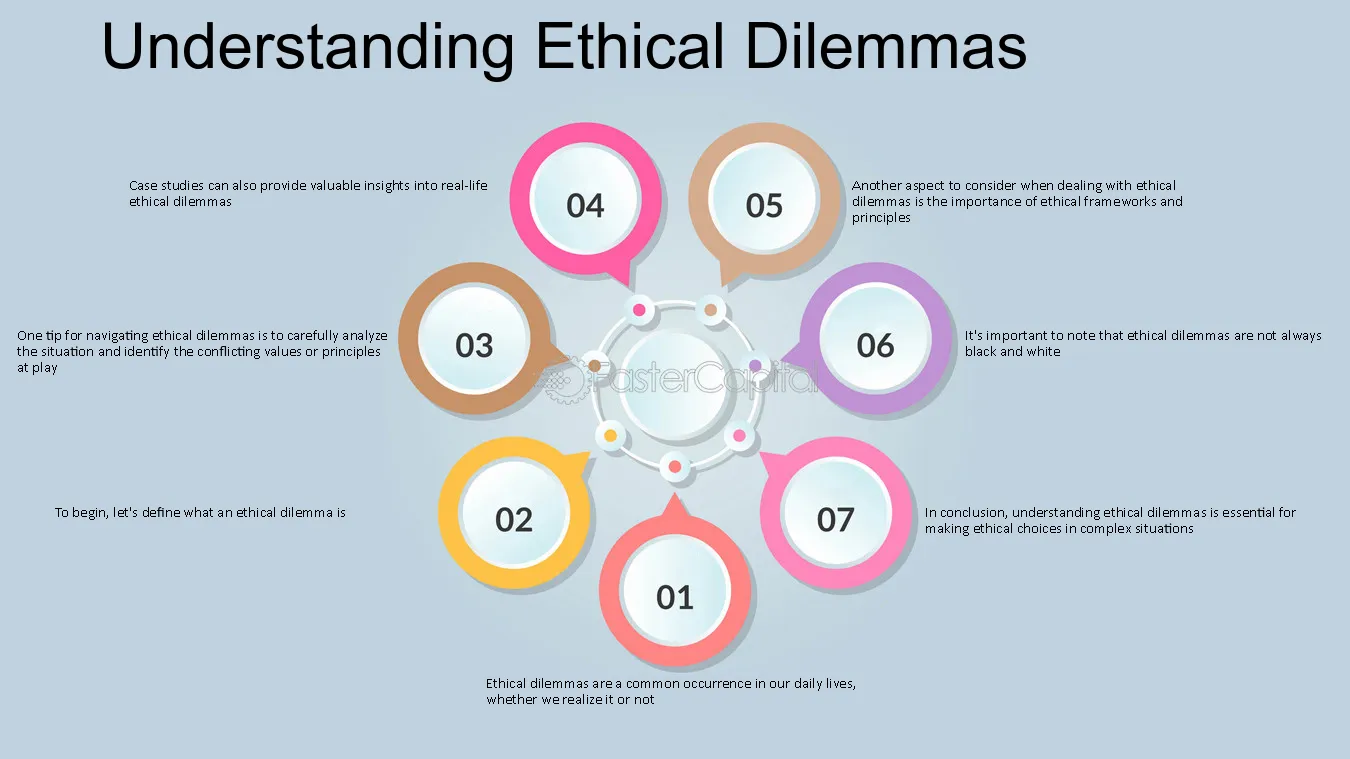In the ever-evolving field of software engineering, ethical considerations are crucial for guiding responsible development practices. As technology advances and software becomes increasingly integral to our lives, engineers face complex ethical dilemmas related to data privacy, security, fairness, and societal impact. This guide explores the key ethical challenges in software engineering and provides insights on navigating these issues to uphold ethical standards.
Key Ethical Considerations in Software Engineering
1. Data Privacy
User Data Protection: Ensuring the privacy and protection of user data is a fundamental ethical responsibility. Software engineers must implement robust measures to safeguard personal information and comply with data protection regulations, such as GDPR and CCPA.
Informed Consent: Users should be informed about how their data is collected, used, and shared. Transparent privacy policies and obtaining explicit consent are essential for maintaining trust and respecting user autonomy.
Data Minimization: Collect only the data necessary for the functionality of the application. Avoid excessive data collection to minimize the risk of exposure and misuse.
2. Software Security
Vulnerability Management: Addressing security vulnerabilities is crucial for protecting users and their data. Regularly update and patch software to address potential security flaws and prevent unauthorized access.
Secure Coding Practices: Adopt secure coding practices to prevent common security issues, such as SQL injection, cross-site scripting (XSS), and buffer overflows. Conduct thorough code reviews and security testing to identify and mitigate risks.
Incident Response: Develop and implement an incident response plan to handle security breaches effectively. This includes notifying affected users, addressing the breach’s impact, and taking steps to prevent future incidents.

3. Fairness and Bias
Algorithmic Fairness: Ensure that algorithms and machine learning models are designed to be fair and unbiased. Avoid perpetuating or amplifying existing biases in data, which can lead to discriminatory outcomes.
Transparency: Provide transparency in how algorithms and decision-making processes work. Users should understand how decisions are made and have the ability to challenge or seek clarification on automated outcomes.
Inclusive Design: Design software that is accessible and inclusive to all users, regardless of their background or abilities. Consider diverse user needs and potential biases in design and development processes.
4. Responsibility and Accountability
Ethical Decision-Making: Make ethical decisions that consider the broader impact of software on society. Assess potential risks and benefits, and prioritize user well-being and societal good in development practices.
Accountability: Take responsibility for the software you create and its consequences. Address ethical issues proactively and engage in open dialogue with stakeholders to ensure accountability.
Professional Integrity: Uphold professional integrity by adhering to ethical standards and codes of conduct established by professional organizations, such as the ACM Code of Ethics and the IEEE Code of Ethics.
Navigating Ethical Challenges
1. Establish Ethical Guidelines
Develop a Code of Ethics: Create a code of ethics for your organization or team that outlines principles and guidelines for ethical behavior in software development. Ensure that all team members are aware of and adhere to these guidelines.
Ethics Training: Provide regular ethics training and awareness programs for software engineers. This helps foster a culture of ethical awareness and equips engineers with the knowledge to handle ethical dilemmas.
2. Incorporate Ethical Review Processes
Ethical Reviews: Implement ethical review processes to assess potential ethical implications of software projects. This includes evaluating privacy concerns, security risks, and potential biases before development begins.
Stakeholder Engagement: Engage with stakeholders, including users, advocacy groups, and industry experts, to gather diverse perspectives on ethical issues. This helps identify potential concerns and ensures that ethical considerations are addressed.
3. Foster an Ethical Culture
Promote Open Dialogue: Encourage open dialogue about ethical issues within your organization. Create an environment where team members feel comfortable discussing and raising concerns about ethical dilemmas.
Lead by Example: Demonstrate ethical behavior and decision-making as leaders and senior engineers. Your actions set the tone for the rest of the team and influence the organizational culture.
Case Studies and Examples
1. Data Privacy Breaches
Case Study: The Cambridge Analytica scandal highlighted the importance of data privacy and informed consent. The misuse of Facebook data for political profiling raised concerns about data protection practices and user consent.
Lessons Learned: Ensure robust data protection measures and transparent privacy policies. Obtain explicit consent from users and be vigilant about data handling practices.
2. Algorithmic Bias
Case Study: The bias in facial recognition systems, such as those used by law enforcement, has raised concerns about fairness and discrimination. Studies have shown that these systems can exhibit racial and gender biases.
Lessons Learned: Prioritize fairness and inclusivity in algorithmic design. Regularly test and audit algorithms to identify and address potential biases.
3. Security Vulnerabilities
Case Study: The Equifax data breach exposed sensitive personal information of millions of users due to a security vulnerability. The breach highlighted the importance of timely security updates and vulnerability management.
Lessons Learned: Implement strong security practices and conduct regular vulnerability assessments. Develop an incident response plan to address and mitigate security breaches.
Enhance Your Downtime with Secure Play Online Casino Games
In the fast-paced world of software development, taking breaks is essential to maintain productivity and creativity. One enjoyable way to relax is to play online casino games. These games provide a secure and entertaining environment where you can unwind while experiencing engaging gameplay. With strong security measures in place, you can focus on the fun without worrying about safety or privacy concerns.
Conclusion
Ethical considerations are integral to software engineering, guiding developers to create responsible, secure, and fair software solutions. By addressing key ethical challenges, including data privacy, security, fairness, and accountability, software engineers can navigate complex dilemmas and uphold high ethical standards. Establishing ethical guidelines, incorporating review processes, and fostering an ethical culture are essential steps in ensuring that software development aligns with ethical principles and serves the greater good. Embracing these practices helps build trust with users, mitigates risks, and contributes to the responsible advancement of technology.
